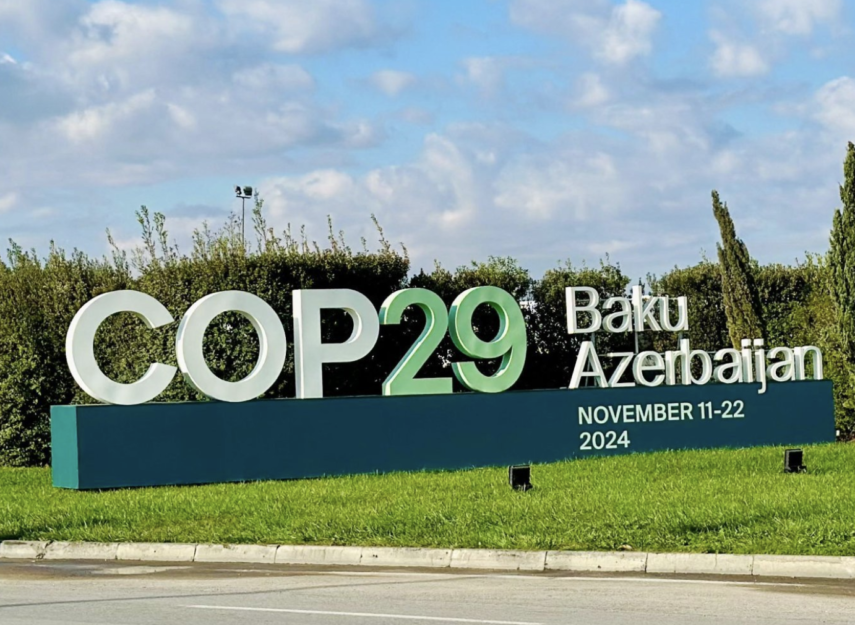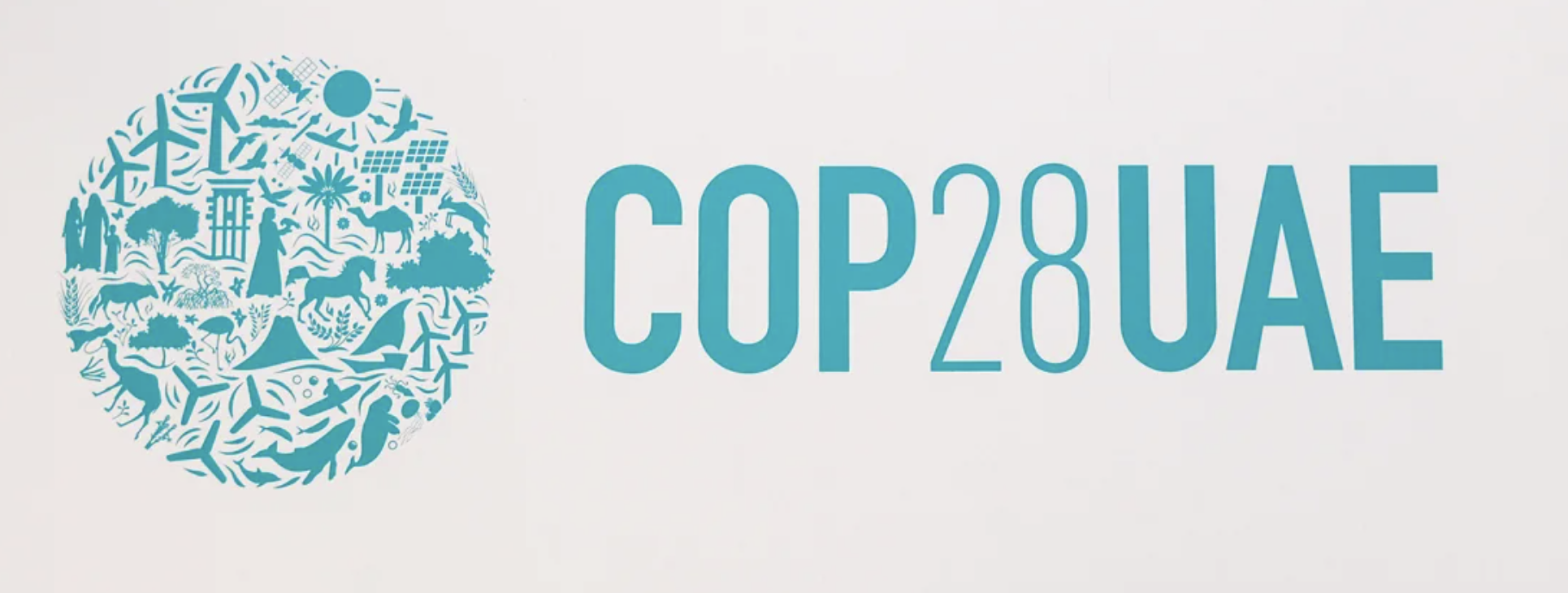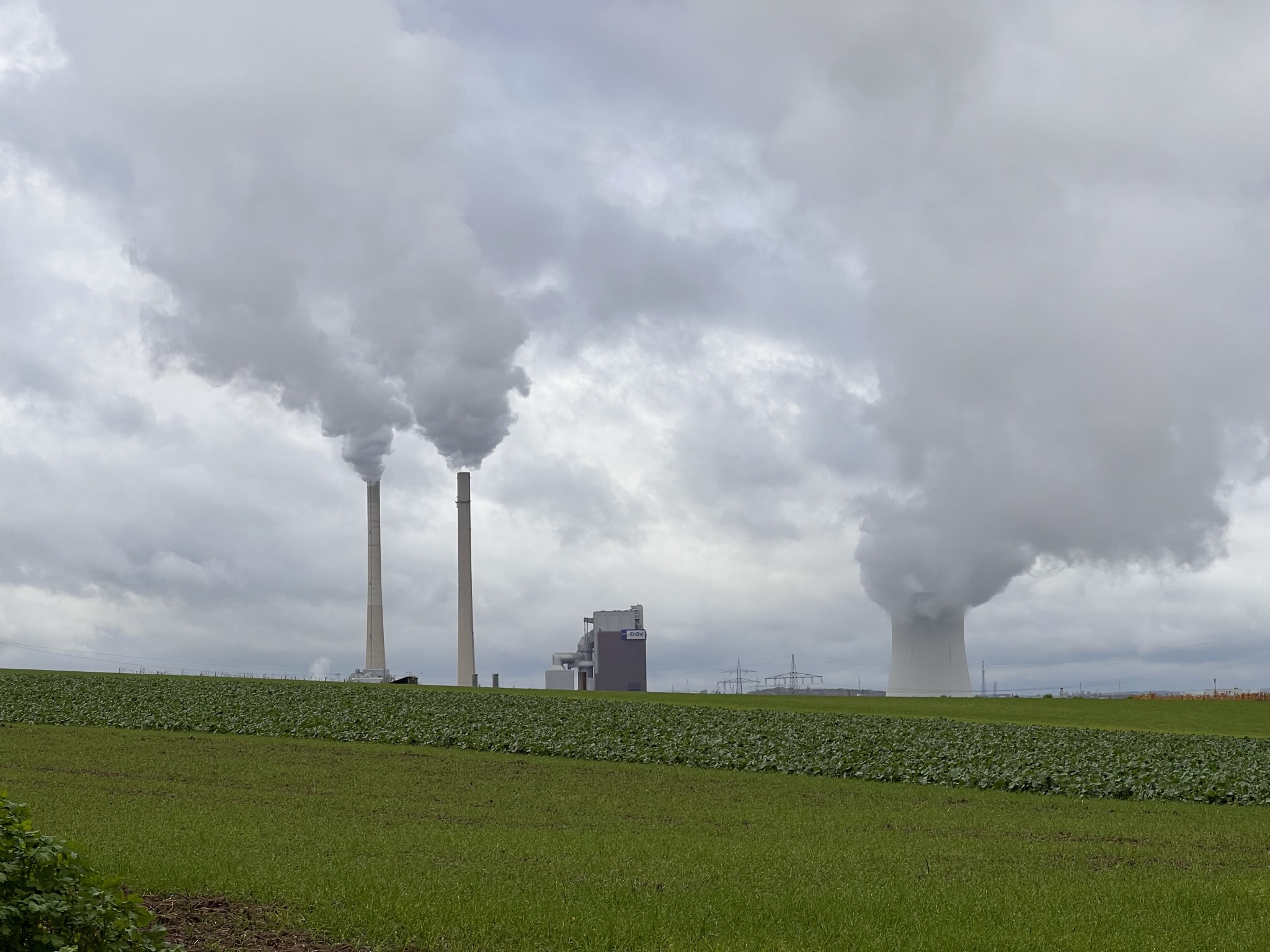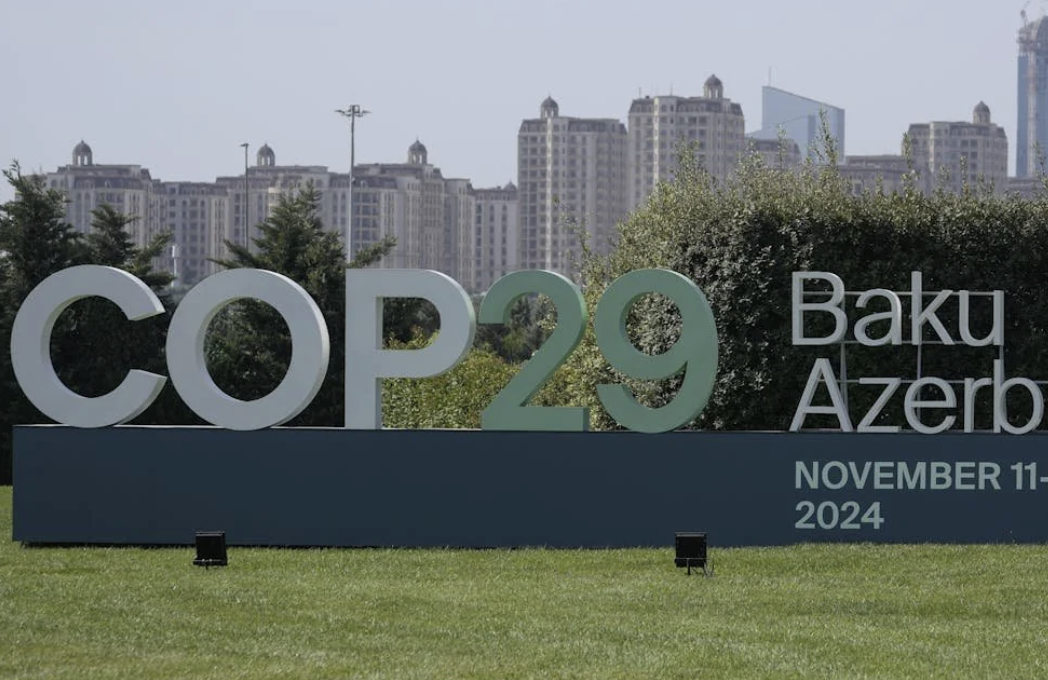
About COP29
The UN’s latest climate meeting, COP29, began on Monday in Baku, Azerbaijan. This comes after a year of record-breaking heat and severe climate disasters, like wildfires, floods, and hurricanes, affecting many parts of the world. The main focus of this conference is to increase funding to help vulnerable countries deal with climate change and adapt to its effects. We call COP29 the “climate finance COP” because leaders plan to agree on a new funding goal for wealthier countries. Goal is to help developing nations reduce emissions and handle the growing impacts of climate change.
Main Topics at COP29: Climate Finance and Energy Transition
Climate Finance
At COP29, discussions on climate finance will take center stage, with a primary focus on increasing resources for developing nations to manage climate-related challenges and facilitate their shift toward low-carbon economies. A significant agenda item will be the negotiation of the New Collective Quantified Goal (NCQG) for climate finance. Its aim is to establish a fresh financial target for supporting developing countries beyond 2025. This new target will build upon the prior commitment of $100 billion per year. NCQG will replace that goal ($100bn a year) from next year. When all countries should declare what they are going to do to cut emissions in the next ten years.
Setting a smaller New Climate Finance Goal (NCFG), as some developing countries propose, often means less ambitious plans overall. The chances of agreeing on a bigger, more impactful goal, however, seem slim. This is partly because wealthier nations have been slow to deliver on earlier, smaller targets, creating frustration and doubt. Another factor is the political climate in the US. Donald Trump was a climate skeptic as president-elect and has pushed for cutting international spending. On top of that, negotiators from all sides can make things seem worse than they are, regardless of whether real progress is happening, which adds to the overall pessimism.
Energy Transition
Energy transition will be another critical area of focus. Following COP28 in Dubai, COP29 will aim to accelerate the global energy transition, with an emphasis on decreasing fossil fuel dependency and expanding renewable energy initiatives. Key objectives include setting specific timelines for phasing out coal and advancing green hydrogen markets—both essential steps toward meeting Paris Agreement targets. COP29 will also address energy security issues, particularly for countries with economies heavily reliant on fossil fuels, and promote policies to ensure a fair and just transition for impacted communities.
Controversial Host Selection
Azerbaijan’s authoritarian government was reportedly enthusiastic about hosting COP29. Many observers, however, speculate that the motivation lies less in environmental commitment and more in strategic image management. After a strange location for CO28, this choice of venue seems even weirder for some. Over 90% of Azerbaijan’s exports are oil and gas, with the country’s economy remaining undiversified. Despite serious environmental challenges, the Azerbaijani regime has shown little interest in addressing these issues, prompting some to view its hosting of COP29 as an attempt to rehabilitate its international image.
Azerbaijan’s reputation has been tarnished by over two decades of authoritarian rule, pervasive corruption, and an apparent disregard for human rights and political freedoms. Hosting COP29 offers a valuable opportunity to capitalize on the prestige associated with serving as a COP host nation, allowing Azerbaijan to present Baku as a modern capital and the country as one experiencing dynamic development. And maybe to make some oil deals during the climate summit?
Azerbaijan’s own climate agenda
Azerbaijan’s own climate agenda has also sparked significant controversy. A senior official at the COP29 climate conference in Azerbaijan reportedly leveraged his position to facilitate discussions on potential fossil fuel deals, the BBC reports. Oil bosses receive red carpet treatment at Baku during COP29, the Guardian reports.President Ilham Aliyev of Azerbaijan, the host country of COP29, addressed the UN climate conference, describing oil and gas as a “gift of God.” In his remarks, President Aliyev criticized what he called “Western fake news” regarding Azerbaijan’s emissions. He also argued that nations “should not be blamed” for possessing fossil fuel reserves. Despite the global push for decarbonization, Azerbaijan has announced plans to increase its natural gas production by up to one-third over the next decade.







